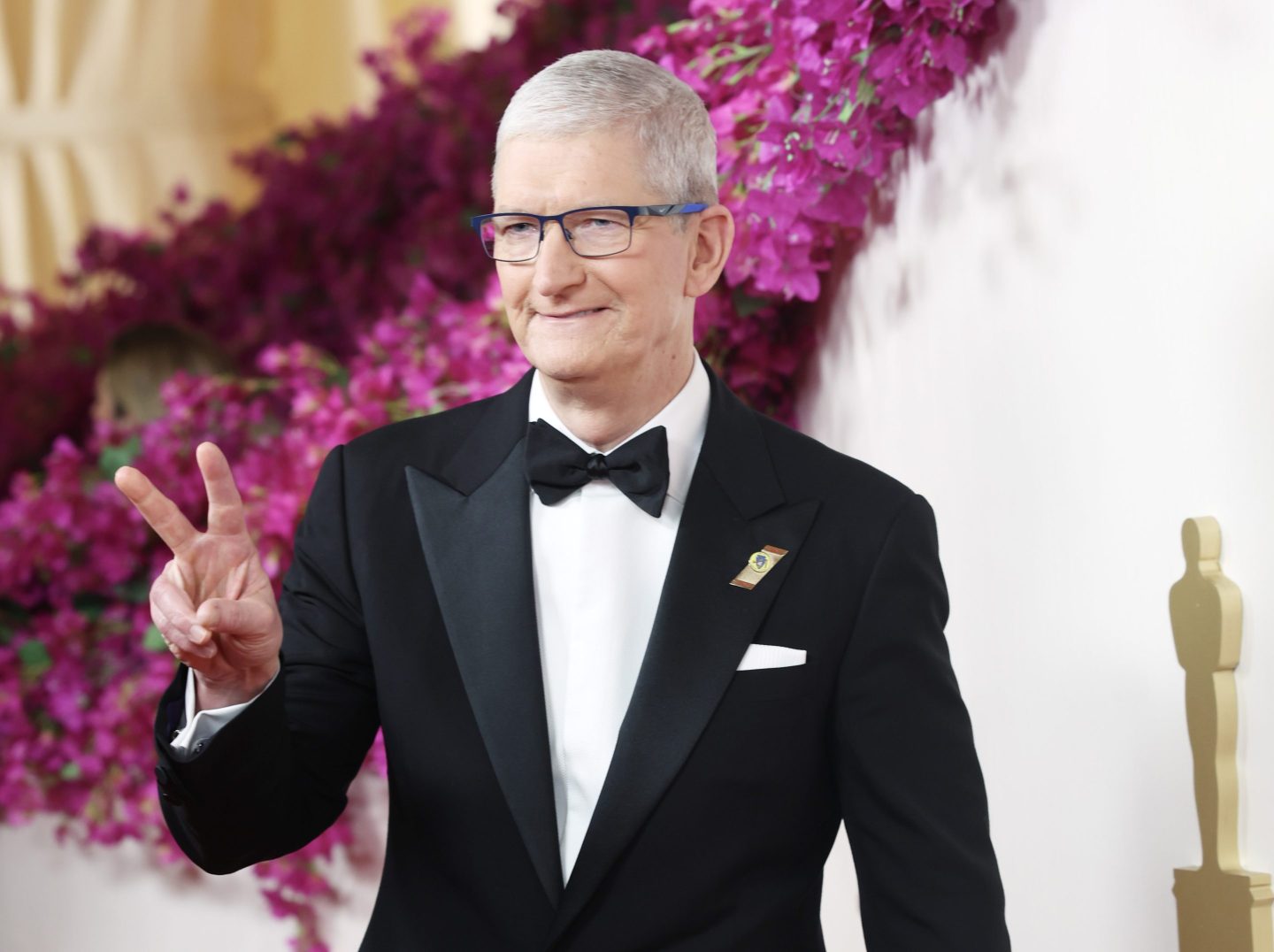Apple had both bad and good news over the weekend, with one unionized Apple Store moving closer to the company’s first retail strike, and another rejecting unionization.
The potential work stoppage would come in Towson, Md., where the local Apple Store became the first to unionize a couple years ago. On Saturday, workers at the facility voted in favor of authorizing a strike, which means they’ve given their union—the (deep breath) International Association of Machinists and Aerospace Workers’ Coalition of Organized Retail Employees, or IAM CORE—the right to set a date for a walkout.
IAM CORE has been negotiating with Apple for over a year, about issues around work-life balance, unpredictable shift scheduling, and wage levels. “As discussions with Apple management continue, we remain committed to securing tangible improvements that benefit all employees,” the union’s negotiating committee said in a statement.
An Apple spokesperson said the company would engage with the union negotiators “respectfully and in good faith.” That would mark quite a shift from the company’s previous practices, as ruled upon a week ago by the National Labor Relations Board, which found that Apple had broken labor law during a 2022 unionization drive in New York.
In that case, involving the Apple Store across the road from the World Trade Center, a complaint from the Communications Workers of America (CWA) alleged that management confiscated flyers that had been placed on the breakroom table—while leaving non-union-related materials unscathed—and interrogated workers about their union involvement. The NLRB agreed Apple had broken the law with these actions, and ordered the firm to tell its workers it wouldn’t do it again.
A couple days later, the CWA filed a new unfair labor practice charge against Apple for allegedly retaliating against John Nagy, an operations lead at the Apple Store in Short Hills, N.J., who was a key organizer in that outlet’s unionization drive. The union said Apple had subjected Nagy, an Army veteran, to “unprecedented multiple meetings with his supervisor and denying requests for leave, including on Memorial Day.”
The Short Hills Apple Store workers voted on Friday and Saturday, ultimately deciding not to join the CWA—which then accused Apple of “union-busting.” An Apple spokesperson said the company “strongly” denies those claims.
Of course, Apple isn’t the only Big Tech firm to face the NLRB’s ire over its anti-union practices. The agency also this month came down on Amazon CEO Andy Jassy over his unlawful public claim that unionization would disempower employees—though both that instance and last week’s Apple ruling served as reminders that the agency can do little more in such cases than tell a company to stop its violations.
But nonetheless, let’s hope that Apple really does in future deal with its workers’ organized representatives “respectfully and in good faith.” More news below.
David Meyer
Want to send thoughts or suggestions to Data Sheet? Drop a line here.
NEWSWORTHY
Motional cuts. More trouble in the autonomous vehicles sector, as Hyundai-backed Motional has reportedly laid off around 550 employees. TechCrunch broke the news, after last week reporting that Motional was pausing its commercial operations (it offered autonomous deliveries and ride-hailing in Las Vegas, in partnership with Uber) and delaying a planned robotaxi expansion to 2026. Chief operating officer Abe Ghabra is reportedly one high-level departure in this restructuring.
Microsoft antitrust charges. The European Commission will reportedly hit Microsoft with antitrust charges over the bundling of its Team collaboration software with its productivity bundles. As the Financial Times reports, the EU’s imminent move indicates dissatisfaction with concessions Microsoft has already offered to settle the long-running case, which began with a complaint by Slack back in 2020.
Big Tech ❤️ France. Today’s the “Choose France” business summit in Paris, and Big Tech features strongly among the companies that have collectively pledged $16 billion in foreign investment. As Reuters reports, Microsoft will invest $4 billion in France, while Amazon is pledging $1.3 billion and the creation of over 3,000 permanent jobs.
ON OUR FEED
“It sounds to me as if the goal was to then maintain the business model and revenue you had in the past.”
—U.S. District Judge Yvonne Gonzalez Rogers, who is trying to figure out if Apple broke her 2021 order to let iOS developers steer users to alternative payment methods off-platform, is not impressed with what she’s learned. Apple executives testified that, of 65,000 app developers who offer in-app purchases, just 38 applied to include these outside links. This is because Apple made this option even more expensive to developers than sticking with Apple’s 30% on-platform fee.
IN CASE YOU MISSED IT
The AI data center revolution is happening right in your backyard, by Dylan Sloan
Joe Biden will double, triple and quadruple tariffs on some Chinese goods, with EV duties jumping to 102.5% from 27.5%, by Bloomberg
Amazon self-driving robotaxi unit Zoox under U.S. investigation after 2 of its vehicles braked suddenly and were rear-ended by motorcyclists, by the Associated Press
Apple cofounder Steve Wozniak was expelled from the school where he just delivered his commencement speech—‘Be leaders, not followers’, by Sunny Nagpaul
Apple is finalizing a deal with OpenAI to put ChatGPT on the iPhone, while talks with Google to use Gemini are ongoing, by Bloomberg
The Air Force is testing an AI-enabled alternative to GPS navigation that taps into the Earth’s magnetic fields, by the Associated Press
BEFORE YOU GO
AMD gains ground. Intel’s share of the x86 processor market slipped from 82.8% to 79.2% between Q1 2023 and the first quarter of this year, according to Mercury Research. As The Register reports, the analyst house has AMD’s market share growing from 17.2% to 20.8% over the same period. Looking specifically at server chips, AMD seized 5.6% market share from its more entrenched rival over that year.












